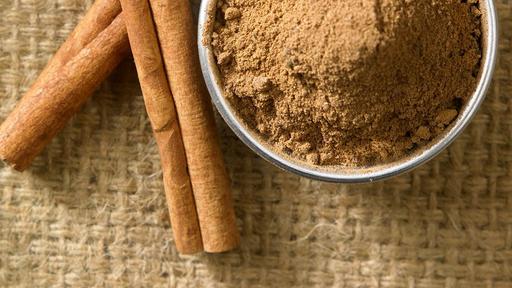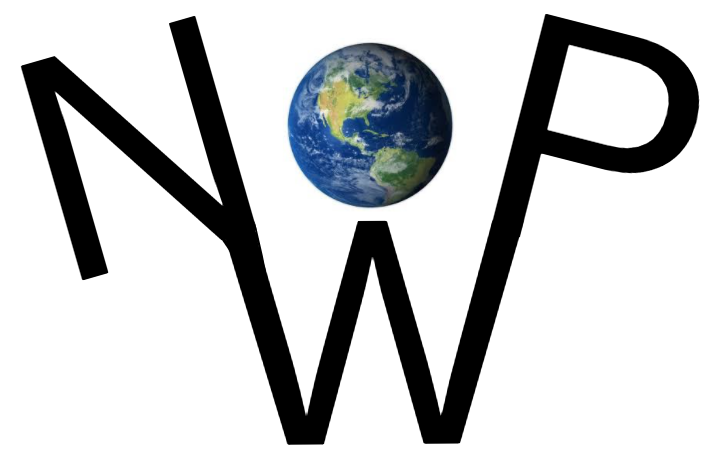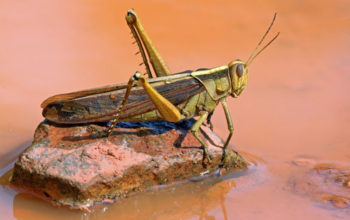Cinnamon- Here’s why you should definitely add this spice to your fueling regimen.
What Are the Health Benefits for Runners?
THE FOLLOWING WRITTEN CONTENT BY EMILY SHIFFER

The holiday season is upon us, which means we’ve shifted our obsession from pumpkin spice to cinnamon. From festive drinks to flavored foods, you might notice the spice added to at least one of your favorite holiday dishes.
“Cinnamon is an aromatic spice that comes from the dried bark of the cinnamomum tree,” says Robin Foroutan, M.S., RDN, and spokesperson for the Academy of Nutrition and Dietetics. “There are two main kinds of cinnamon: ceylon cinnamon, aka true cinnamon, and cassia cinnamon (less expensive and commonly used in processed food).”
Not only is this spice delicious, but cinnamon is also loaded with some unexpected health benefits of which runners can, and should, take advantage.
5 Health Benefits of Cinnamon for Runners
→ It may help balance your blood sugar.
Polyphenol antioxidants, found in cinnamon, may act like insulin, which means they assist glucose in moving out of the bloodstream and into cells. “This is important for runners because the faster sugar gets into muscles, the faster it can be burned for fuel,” says Foroutan.
→ It may help lower your cholesterol.

Animal studies have shown that cinnamon may play a role in lowering cholesterol concentrations in the body. In a study, mice that were fed a diet that included cinnamon extract had significantly higher HDL (good) cholesterol. Results showed it could also help lower total and LDL (bad) cholesterol, says Ginger Hultin, Seattle-based RDN, spokesperson for the Academy of Nutrition and Dietetics and owner of ChampagneNutrition.
“This seems especially true for those with high cholesterol and diabetes,” says Hultin.
A human study showed that out of people in the study using 1, 3, or 6 grams of cinnamon for 40 days, all three of the groups (but not the placebo) had lower triglycerides, LDL cholesterol, and total cholesterol, as well.
→ It may help blood vessel function.
Cinnamon has been shown to improve blood vessel dilation, which isthe ability for your blood vessels to expand to allow better blood flow, in animal studies, says Foroutan. “Cinnamon is one of many natural foods that contain phytonutrients that help improve blood vessel dilation.”
This is important to runners, because blood flow is important for peak muscle and cardiovascular performance, however more research is needed to confirm the effect in humans.
It may help lower inflammation.
Previous small studies have shown that people who drank cinnamon tea had a higher antioxidant status than those who drank tea without cinnamon or hot water. This is likely because antioxidant flavonoids in cinnamon and the essential oils it contains, such as cinnamaldehyde, could act as free-radical scavengers (substances that protect cells from damage) and play a role in lowering inflammation, says Hultin. Read more from Runners’s World.
Follow other related unbiased, interesting, and relevant news stories from News Without Politics
Can’t resist! Watch how to make cinnamon pancakes healthy:





